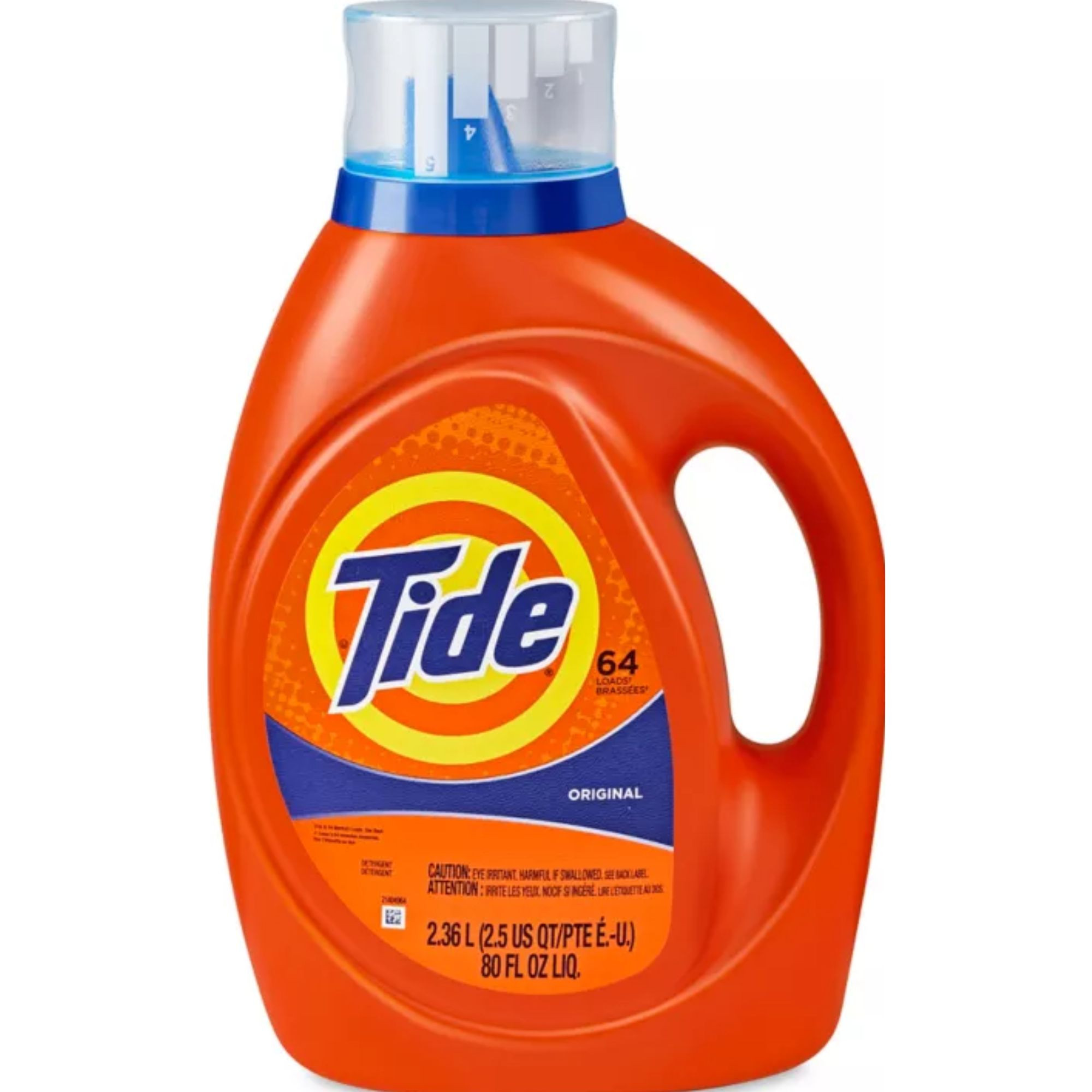
Tide Laundry Detergent 80 oz - Case of 4
Arrives Wed, Jan 14 - Thu, Jan 15

Arrives Wed, Jan 14 - Thu, Jan 15

Arrives Wed, Jan 14 - Thu, Jan 15
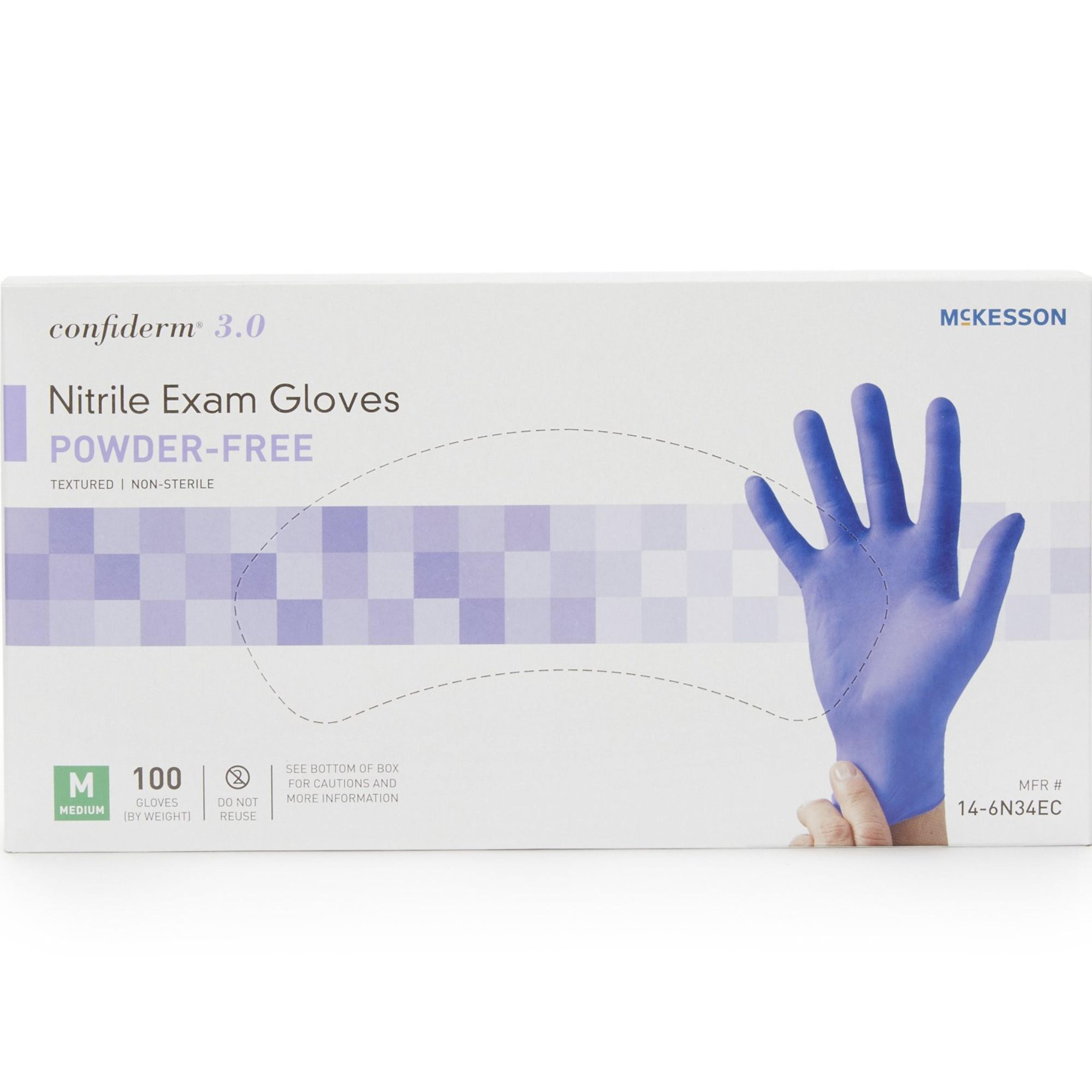
Arrives Wed, Jan 14 - Thu, Jan 15
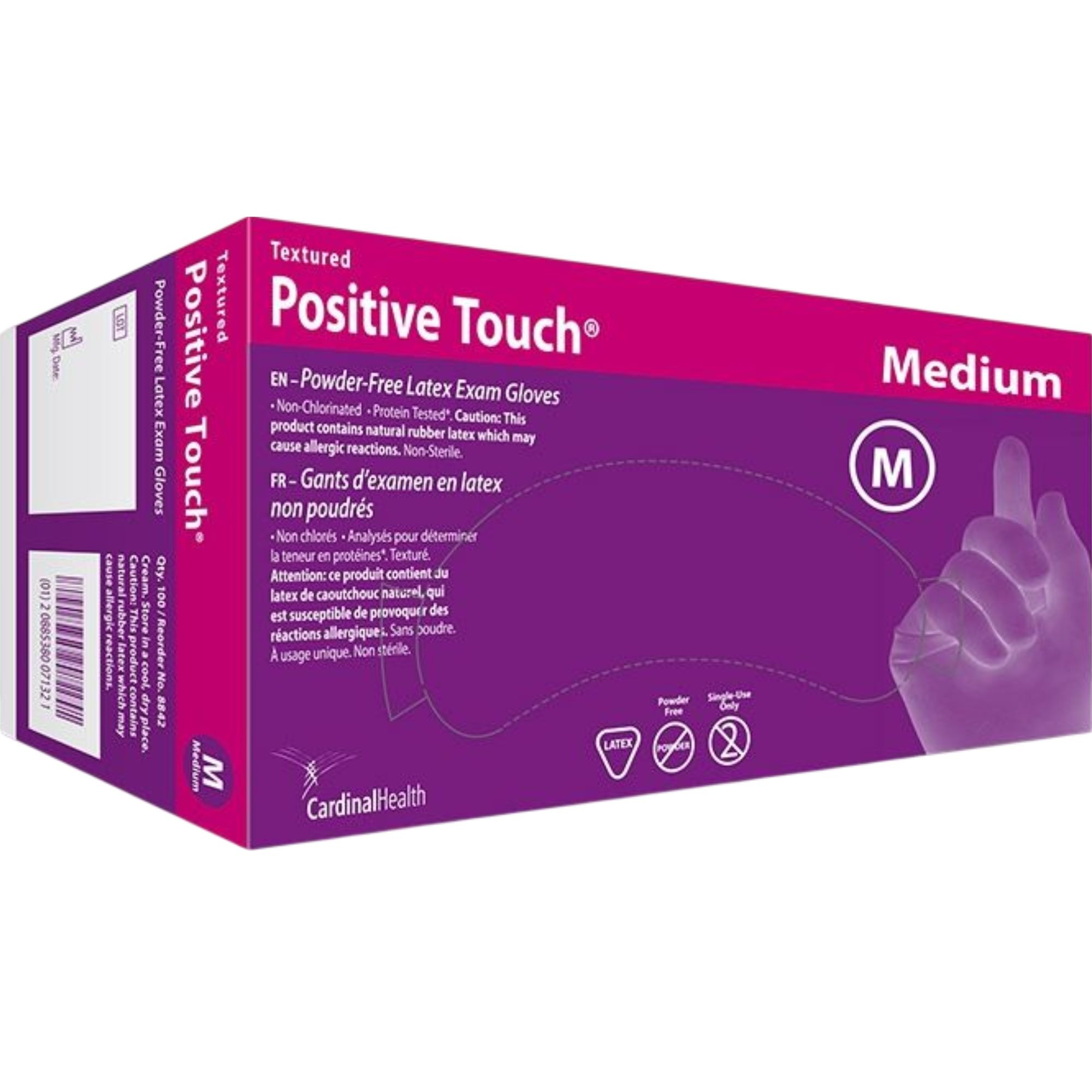
Arrives Wed, Jan 14 - Thu, Jan 15
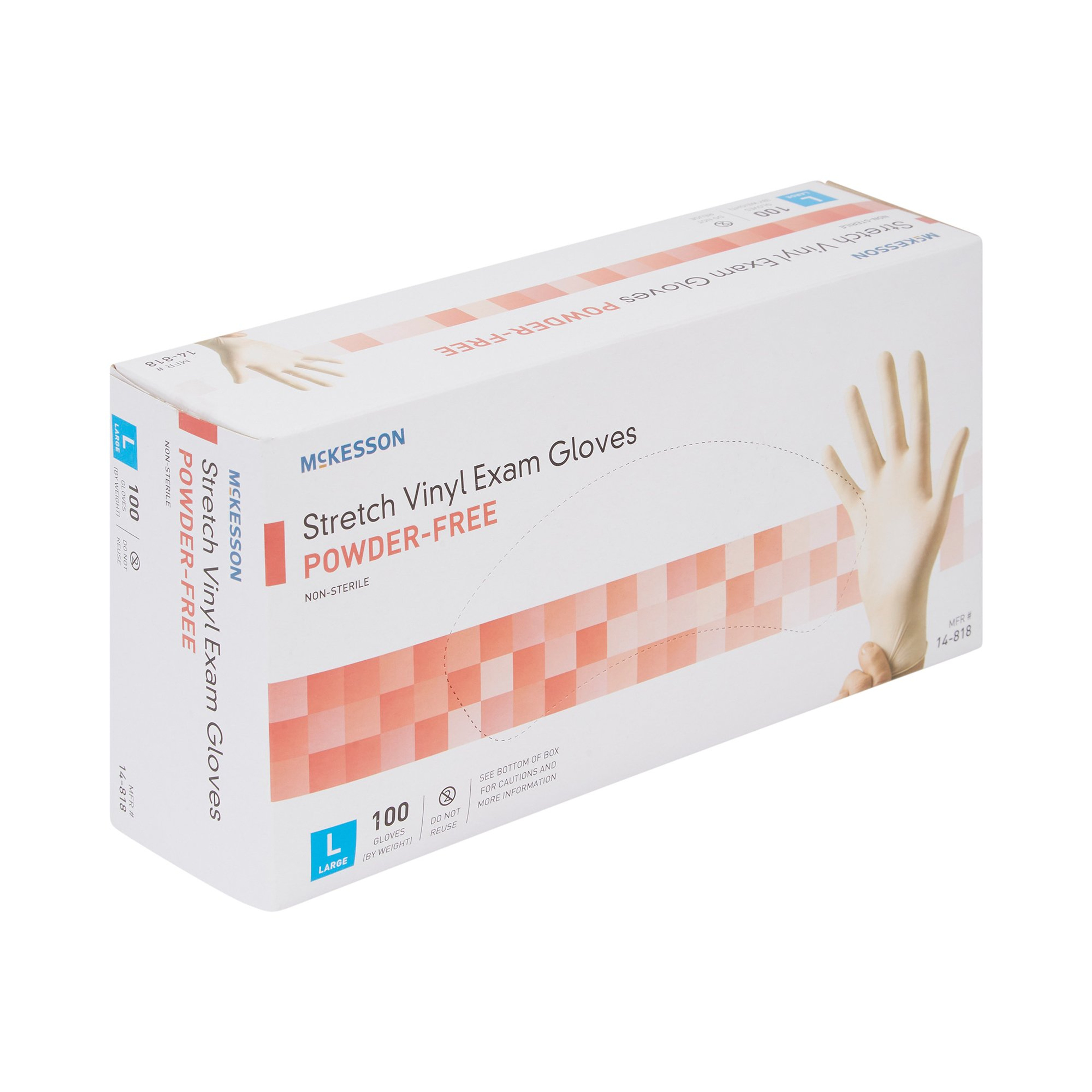
Arrives Wed, Jan 14 - Thu, Jan 15
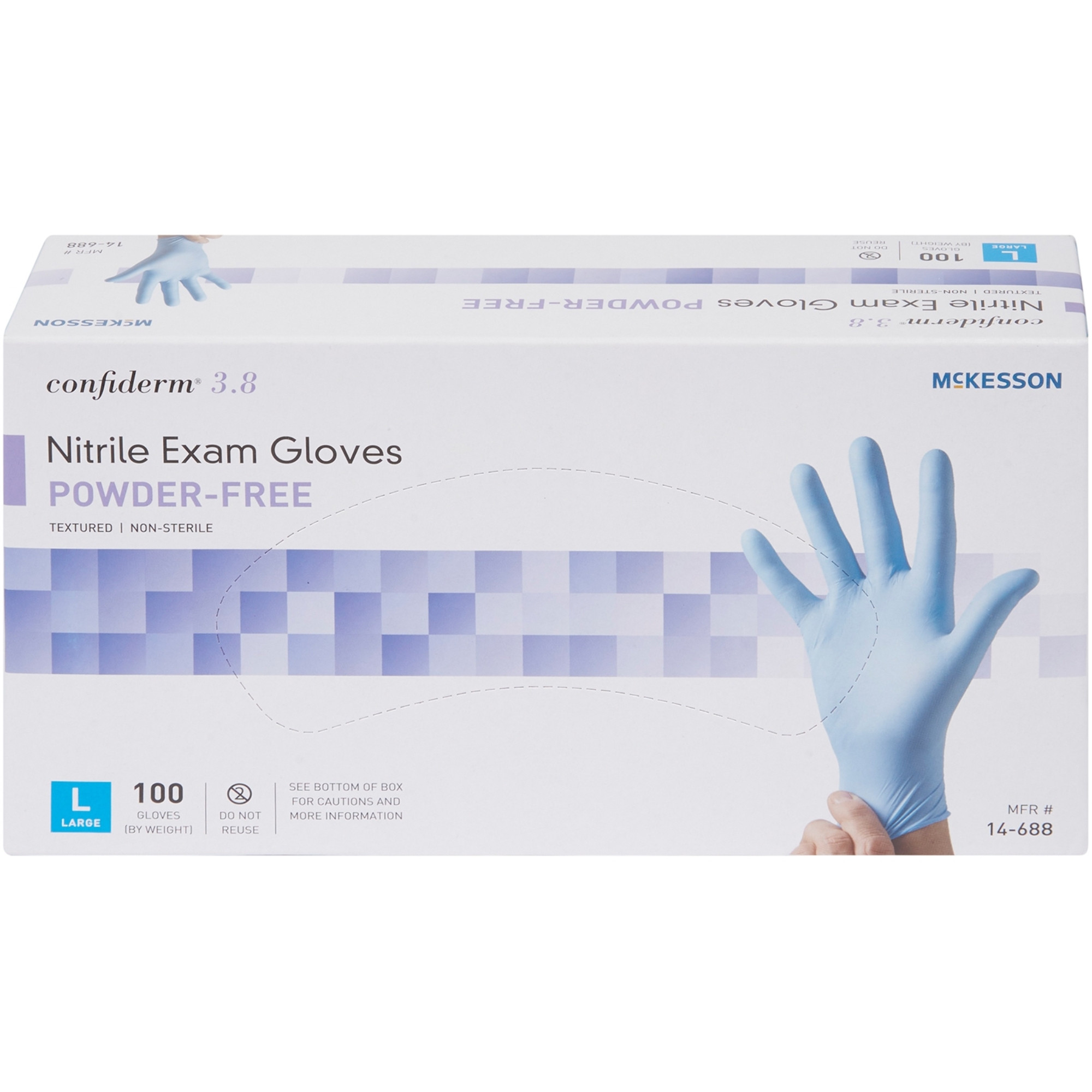
Arrives Wed, Jan 14 - Thu, Jan 15
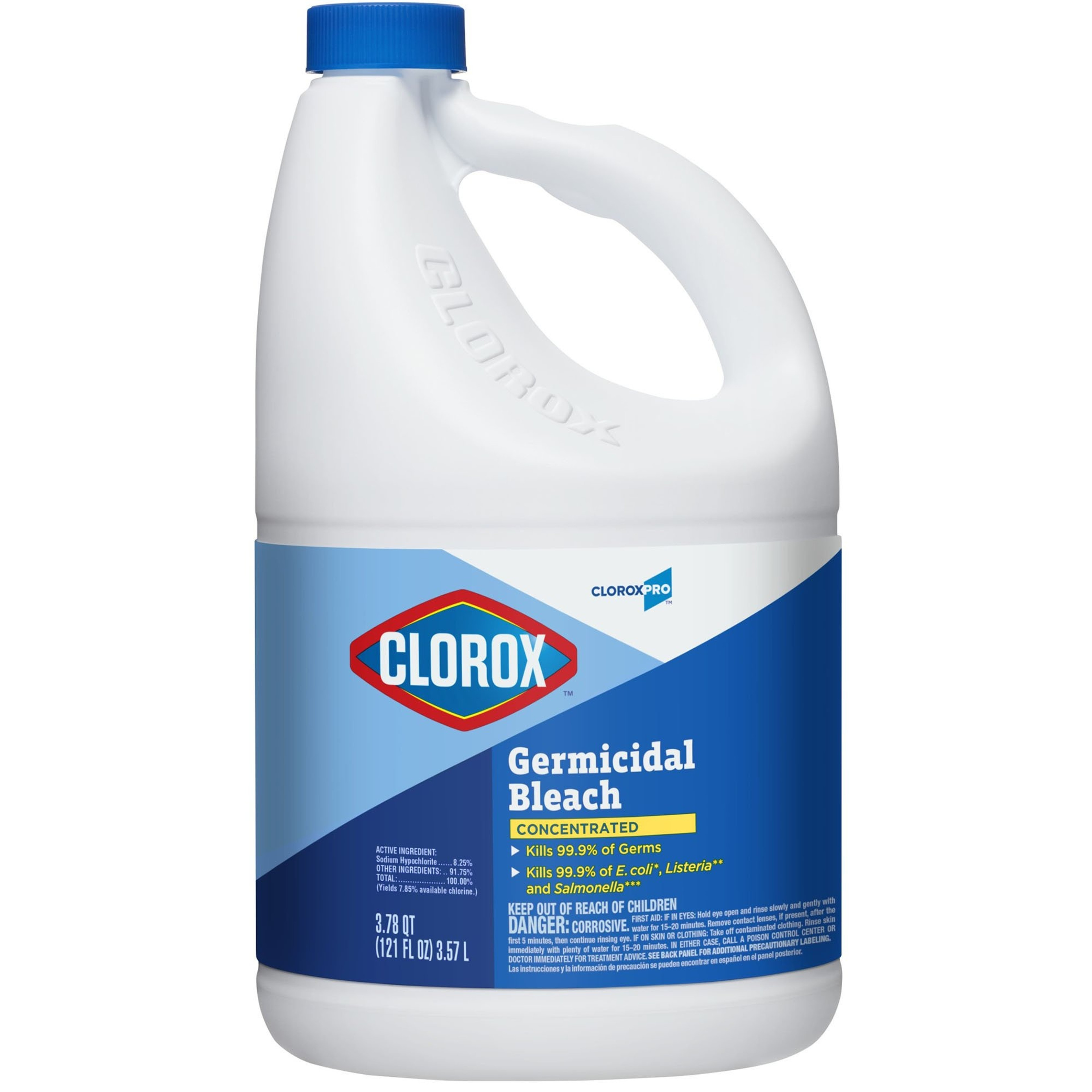
Arrives Wed, Jan 14 - Thu, Jan 15
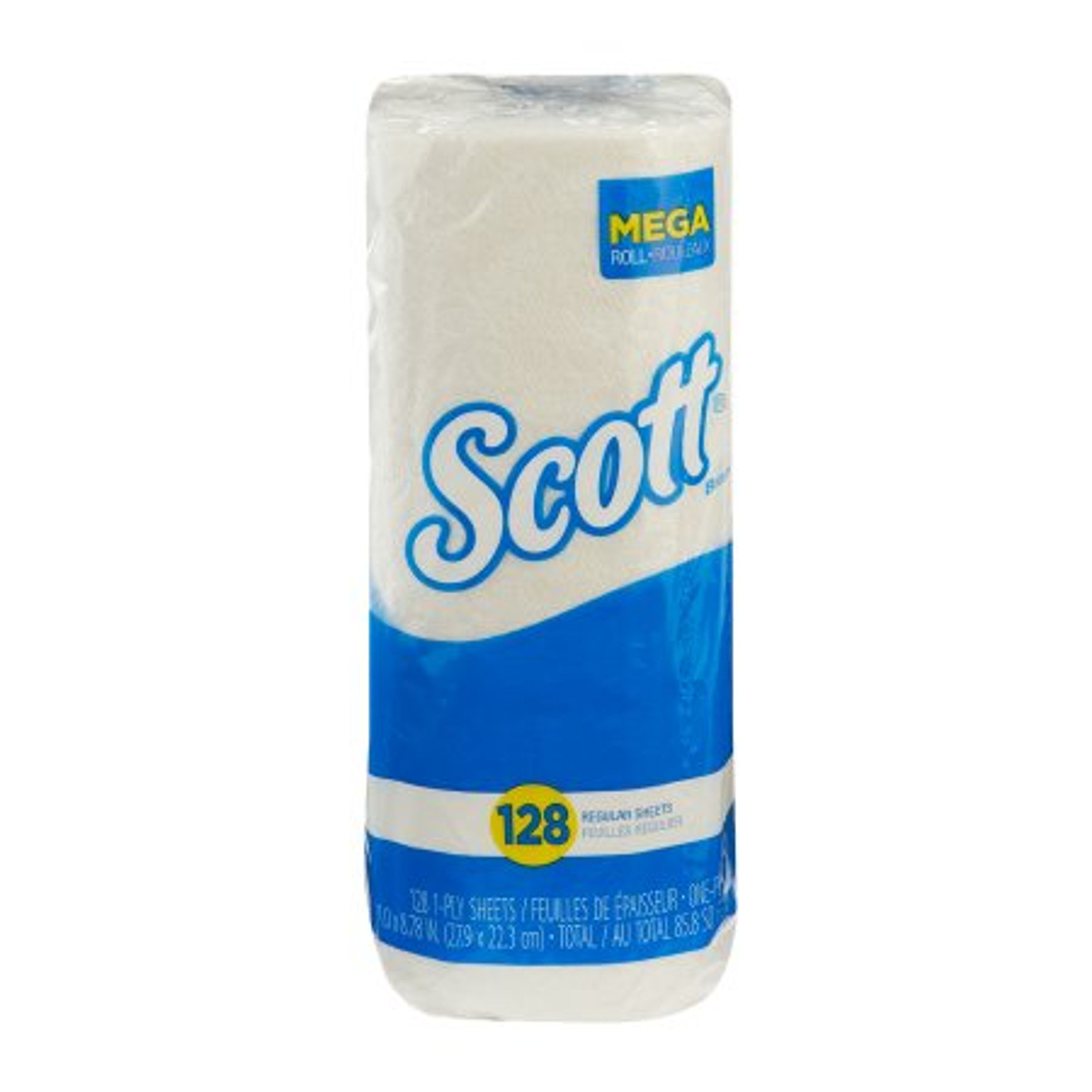
Arrives Wed, Jan 14 - Thu, Jan 15
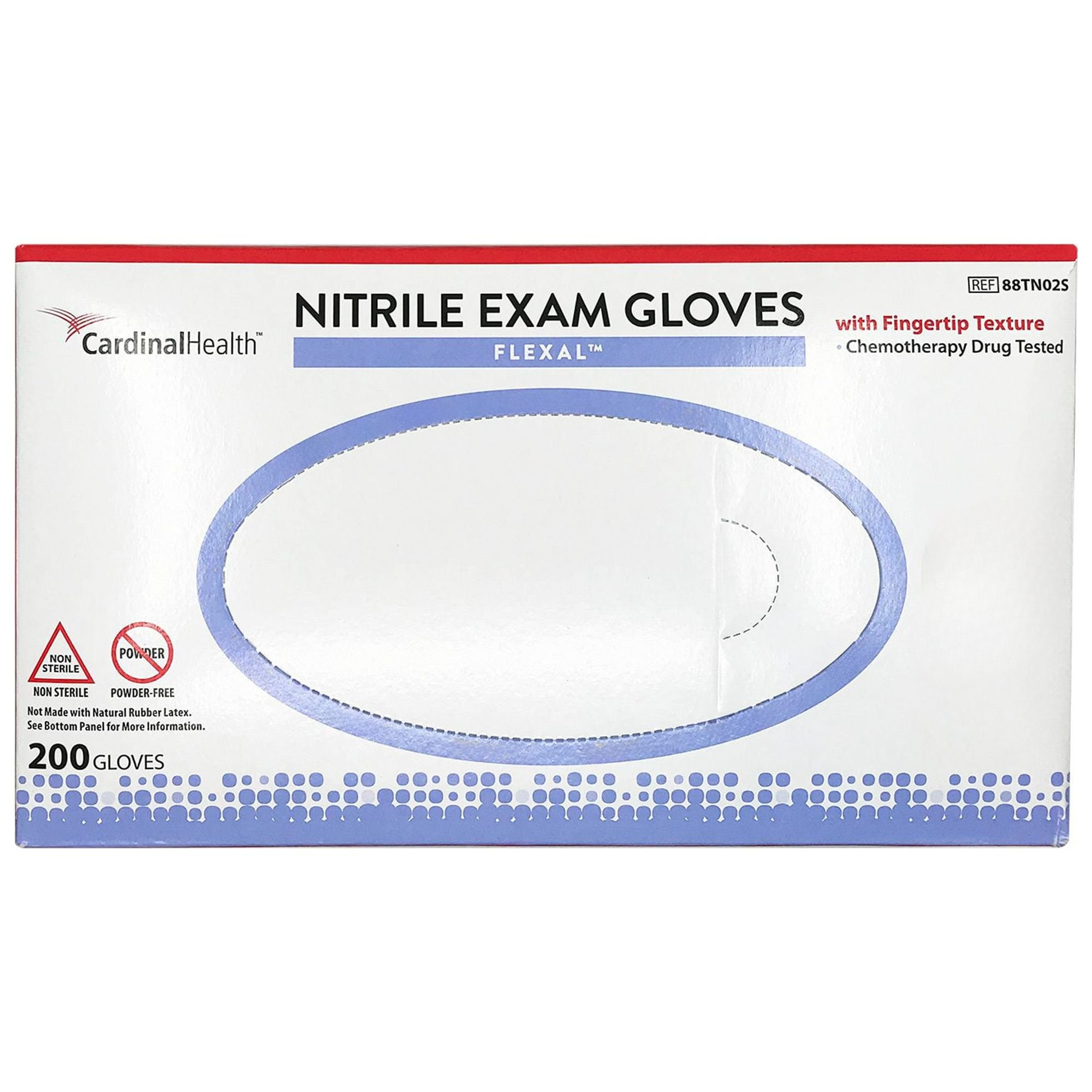
Arrives Wed, Jan 14 - Thu, Jan 15
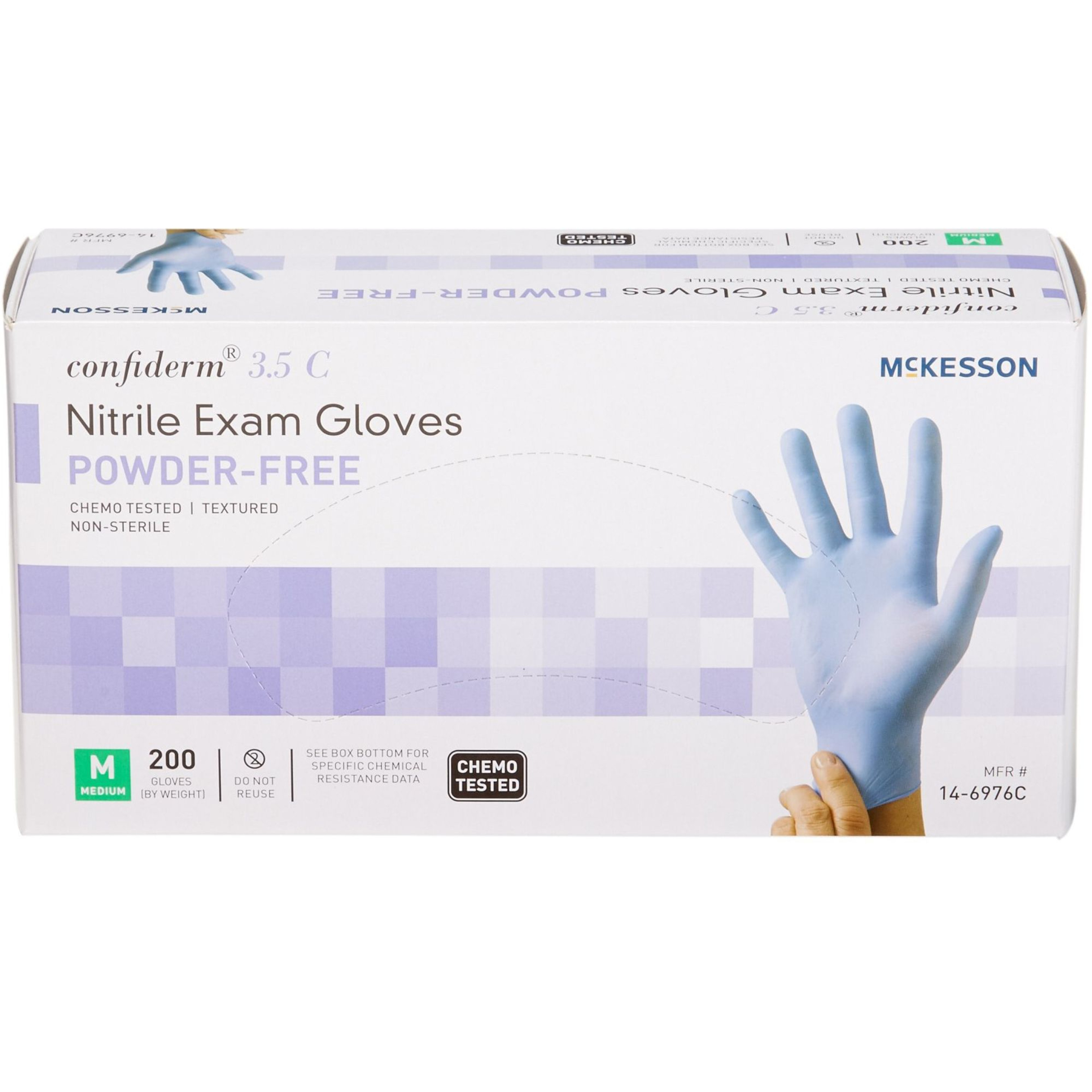
Arrives Wed, Jan 14 - Thu, Jan 15
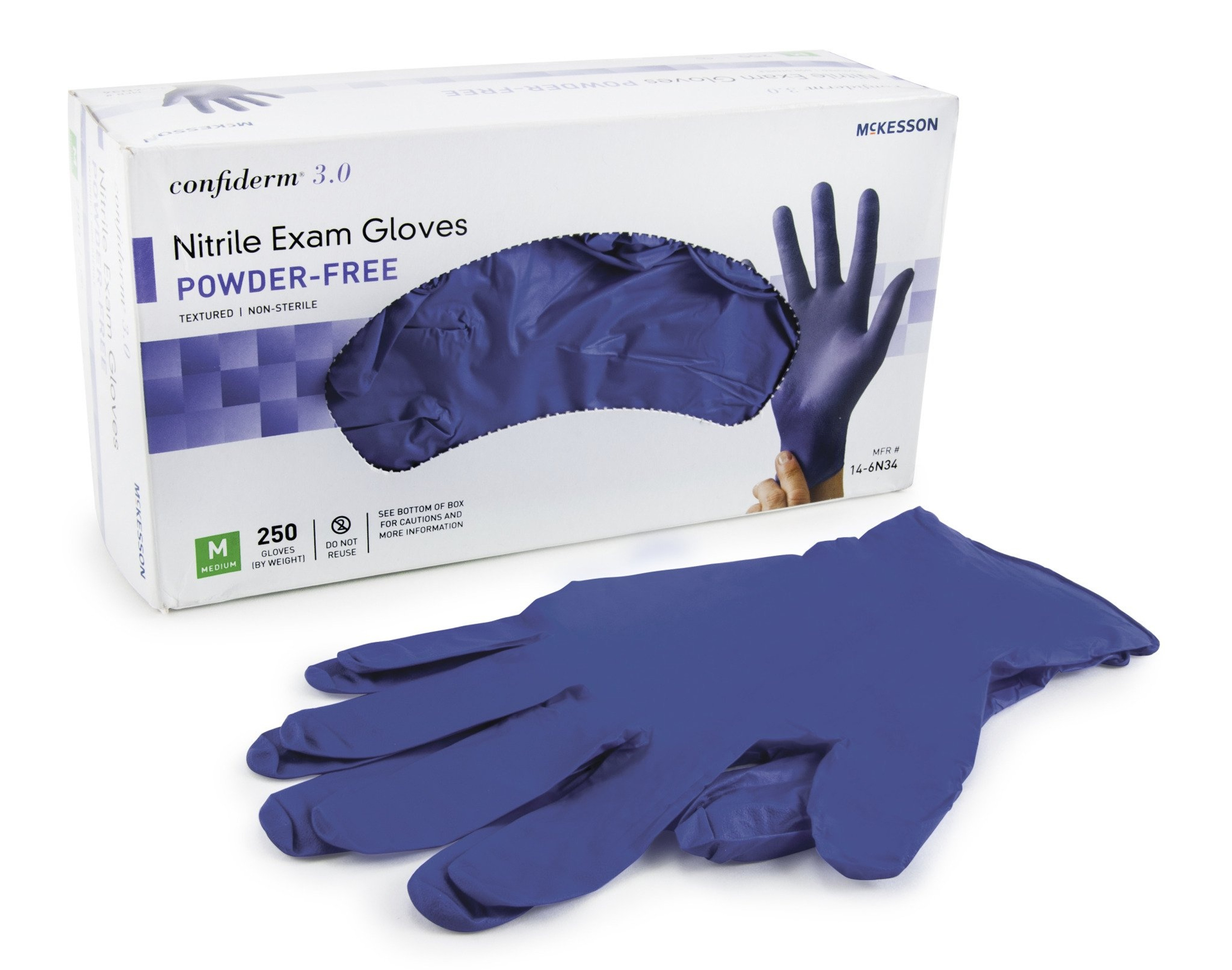
Arrives Wed, Jan 14 - Thu, Jan 15
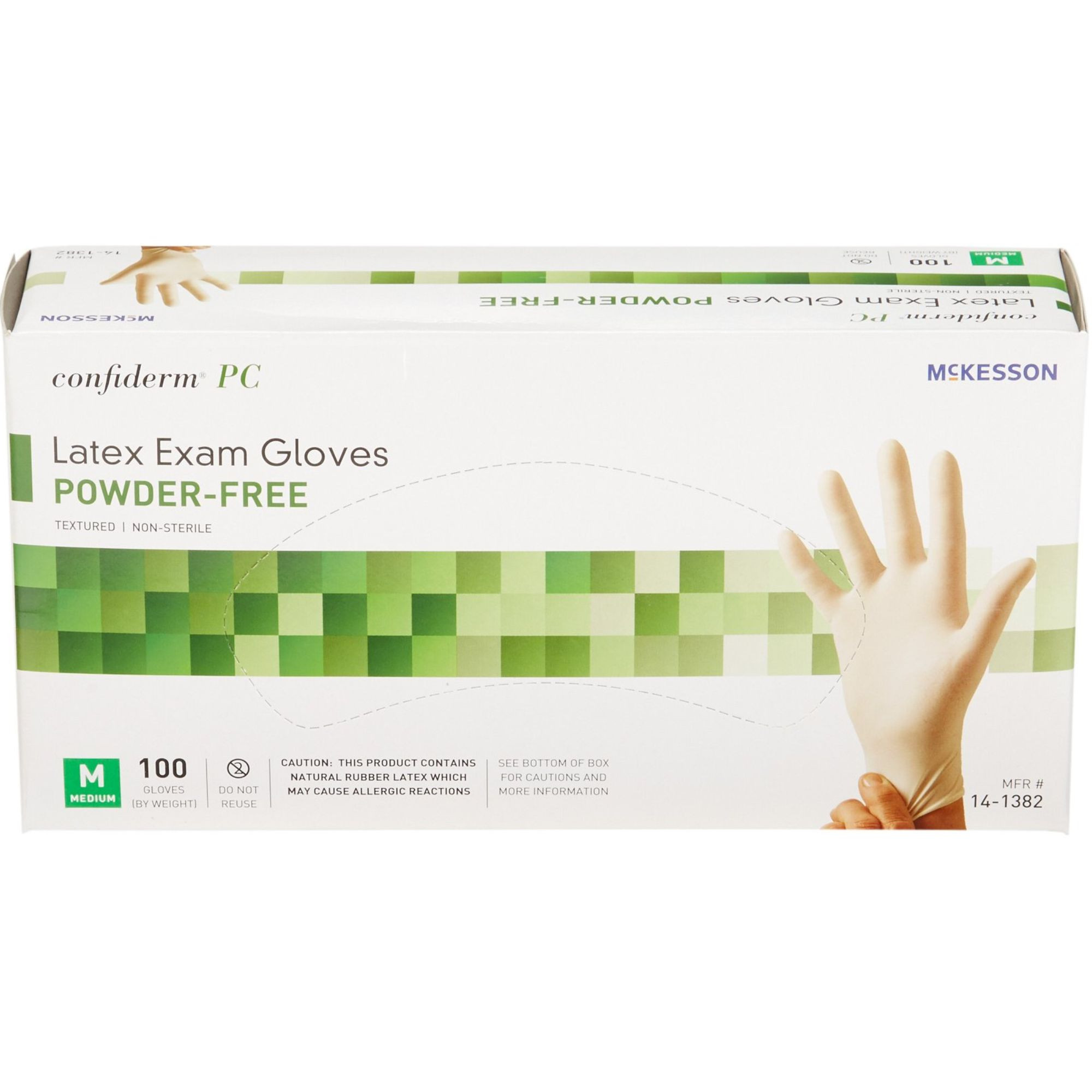
Arrives Wed, Jan 14 - Thu, Jan 15
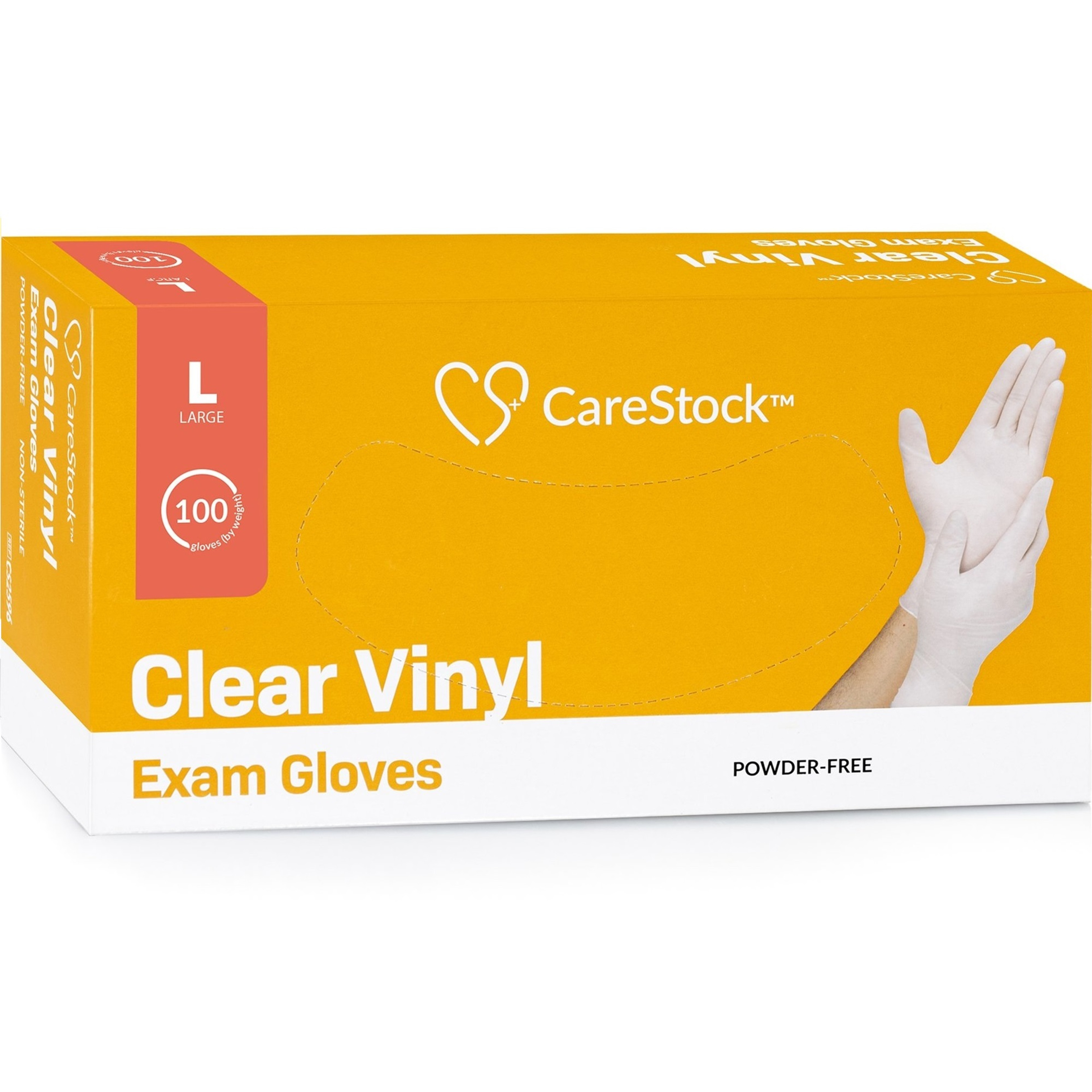
Arrives Wed, Jan 14 - Thu, Jan 15
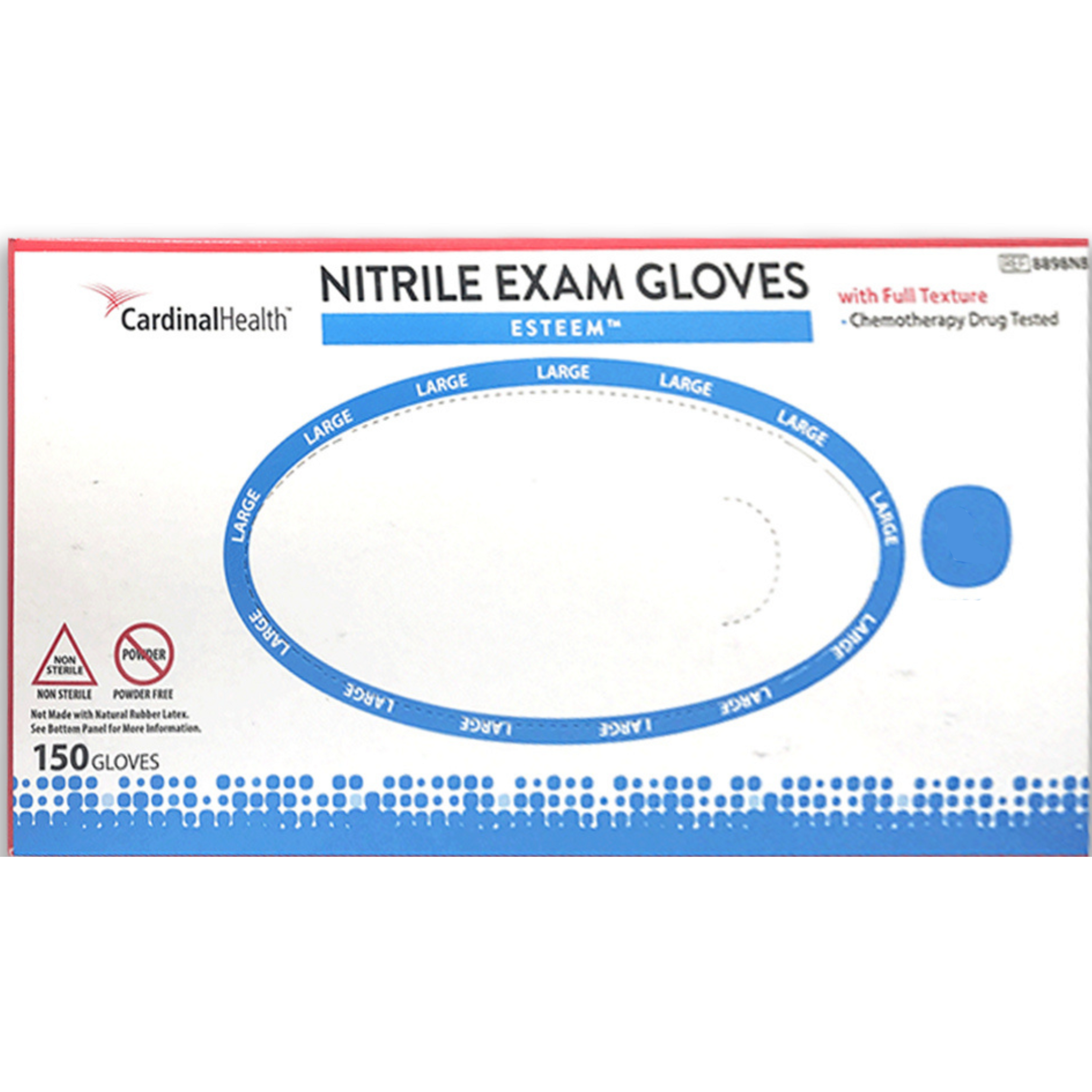
Arrives Wed, Jan 14 - Thu, Jan 15
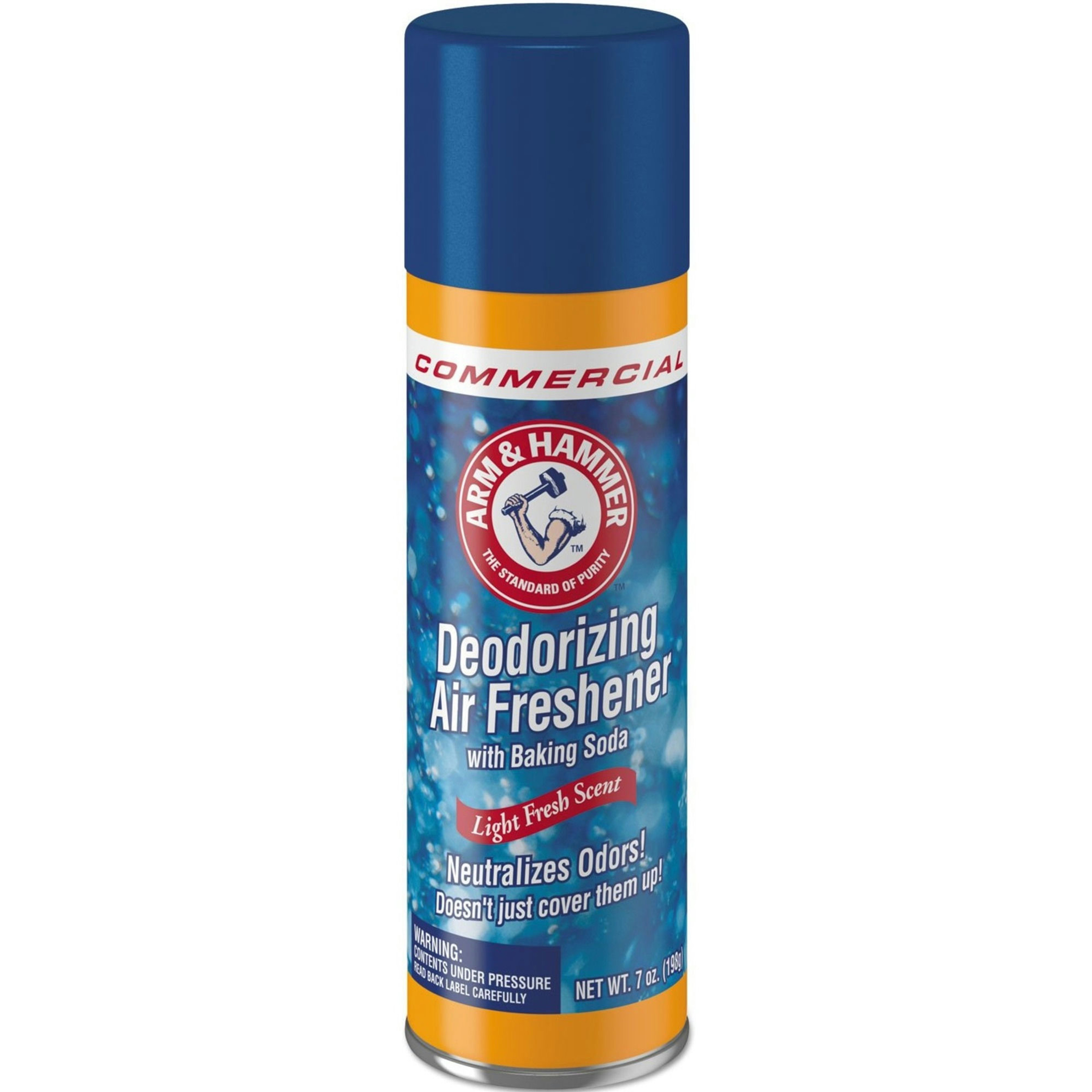
Arrives Wed, Jan 14 - Thu, Jan 15
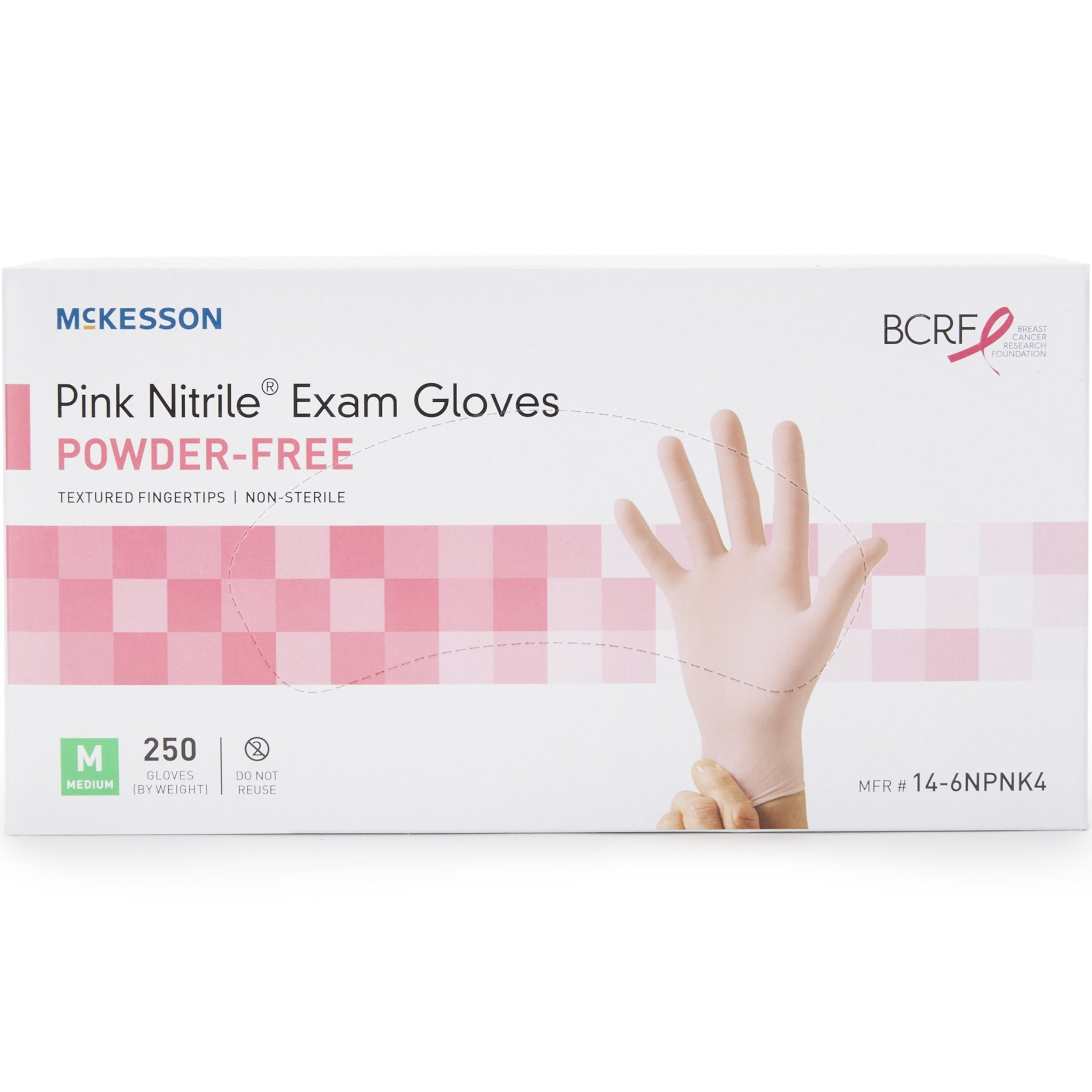
Arrives Wed, Jan 14 - Thu, Jan 15
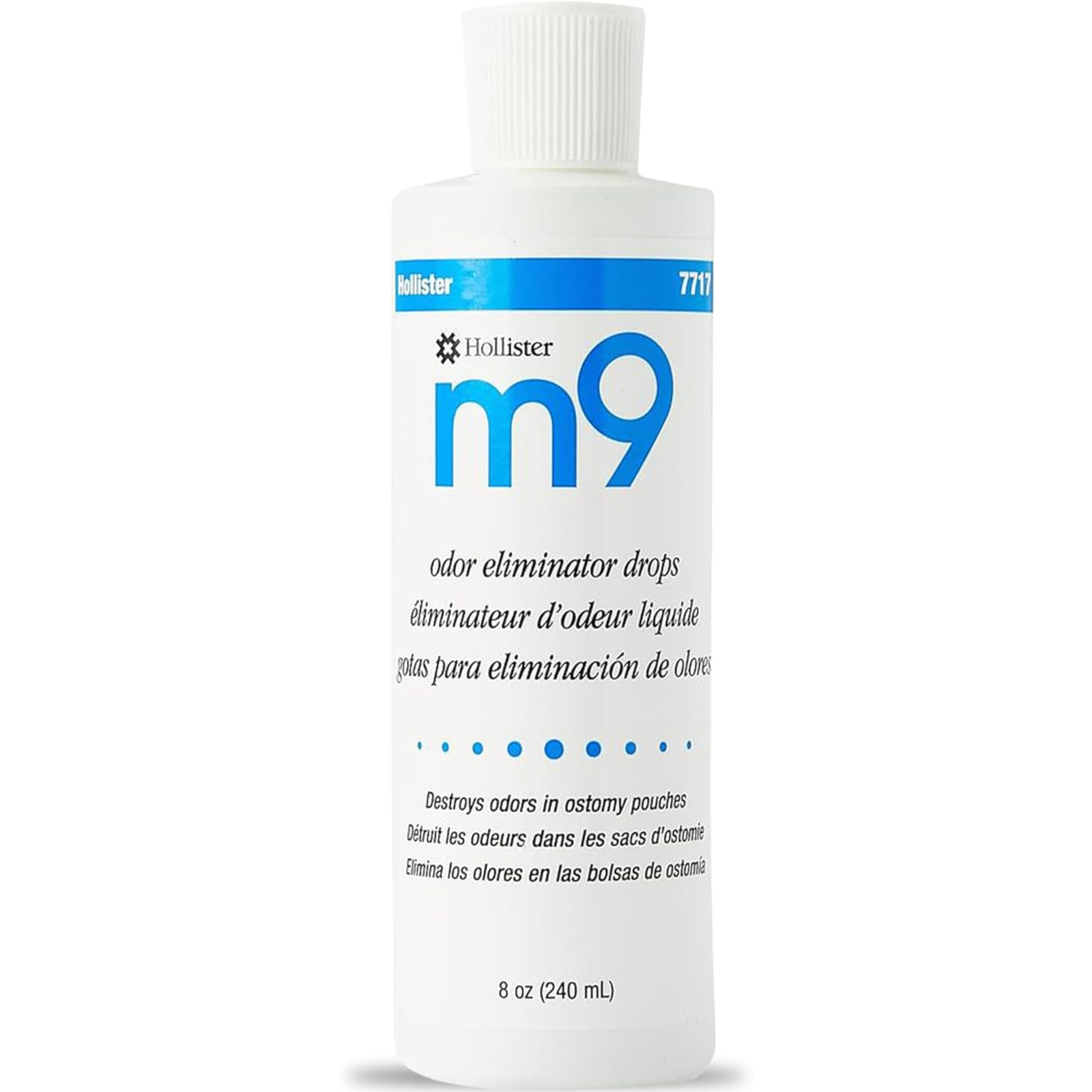
Arrives Wed, Jan 14 - Thu, Jan 15
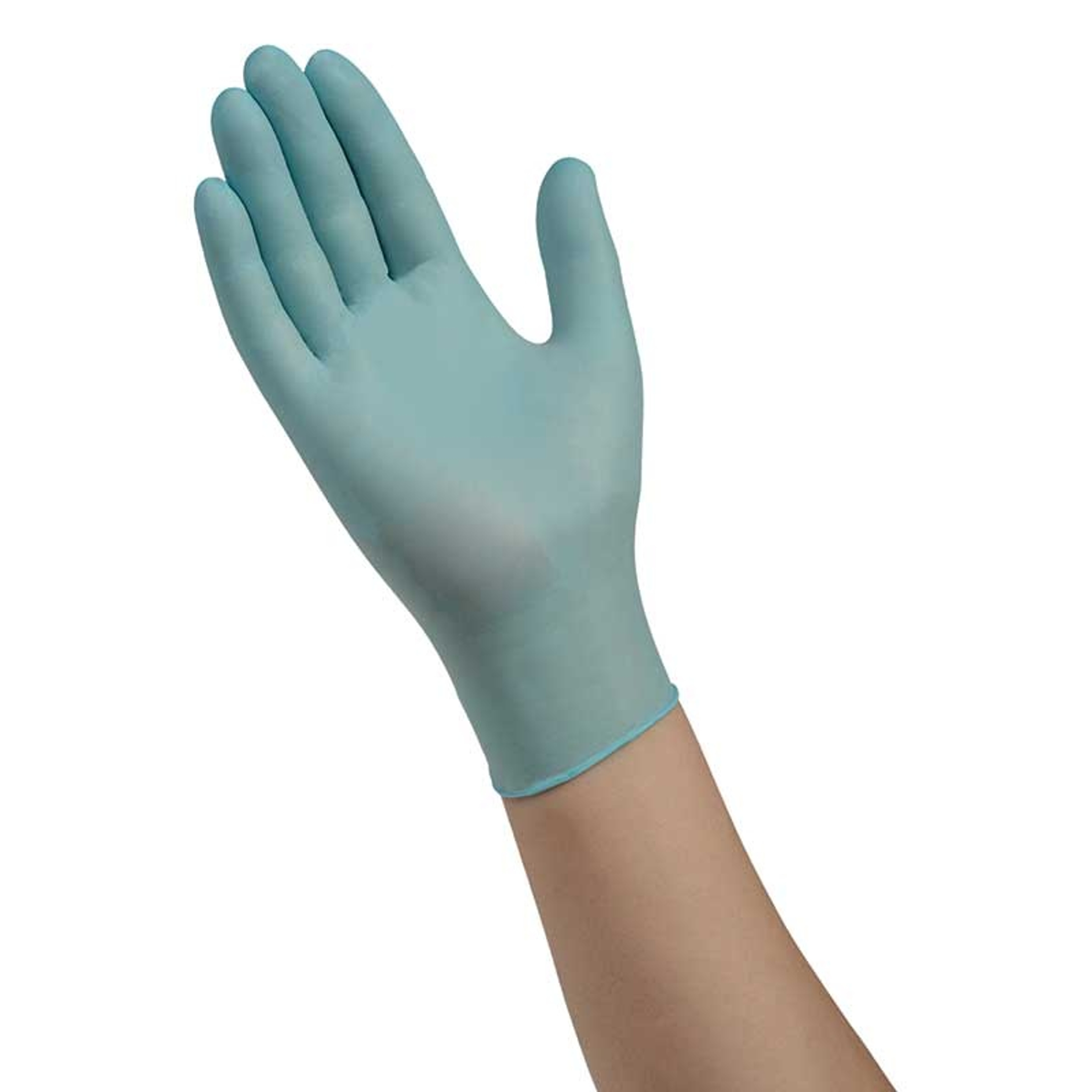
Arrives Wed, Jan 14 - Thu, Jan 15

Arrives Wed, Jan 14 - Thu, Jan 15
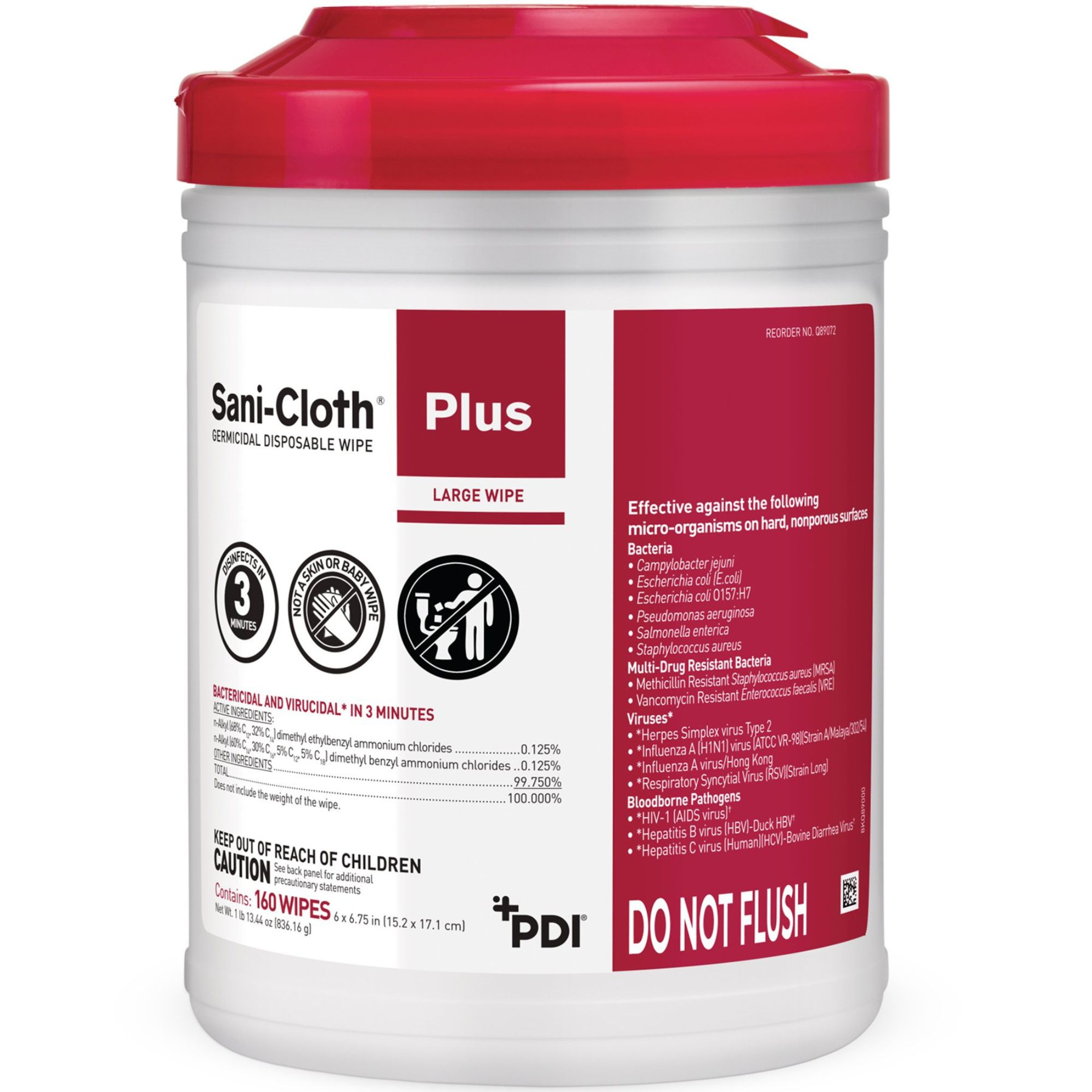
Arrives Wed, Jan 14 - Thu, Jan 15
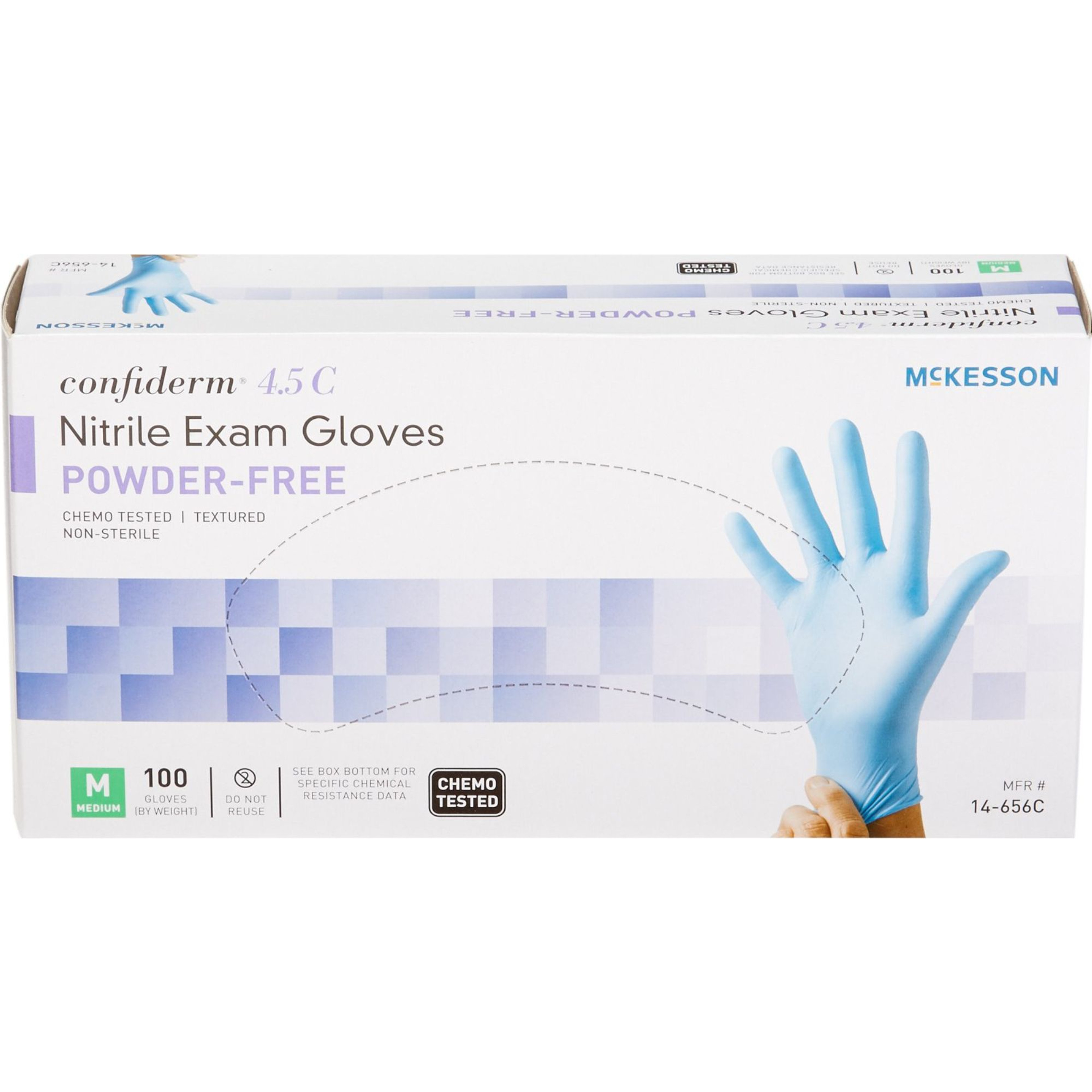
Arrives Wed, Jan 14 - Thu, Jan 15
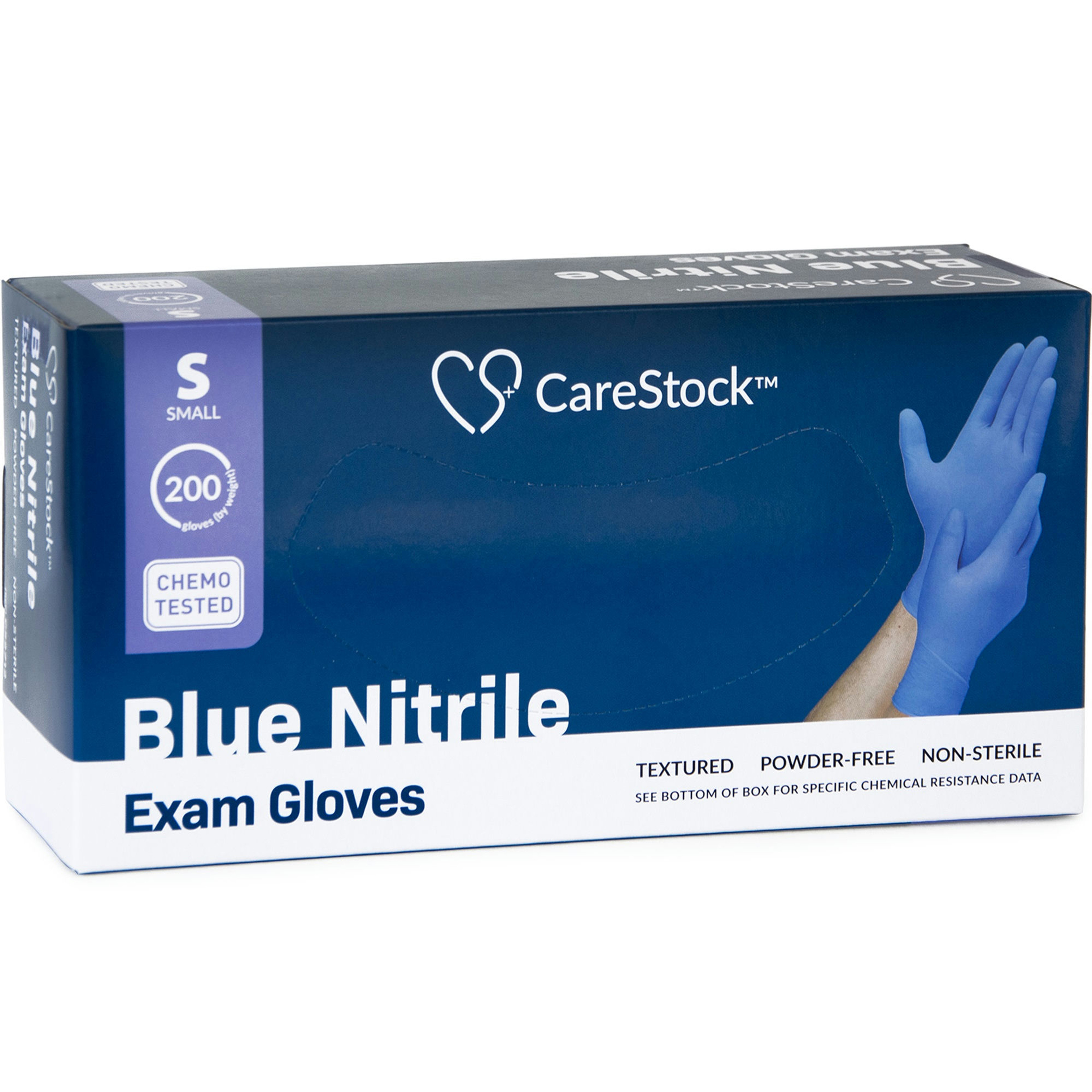
Arrives Wed, Jan 14 - Thu, Jan 15
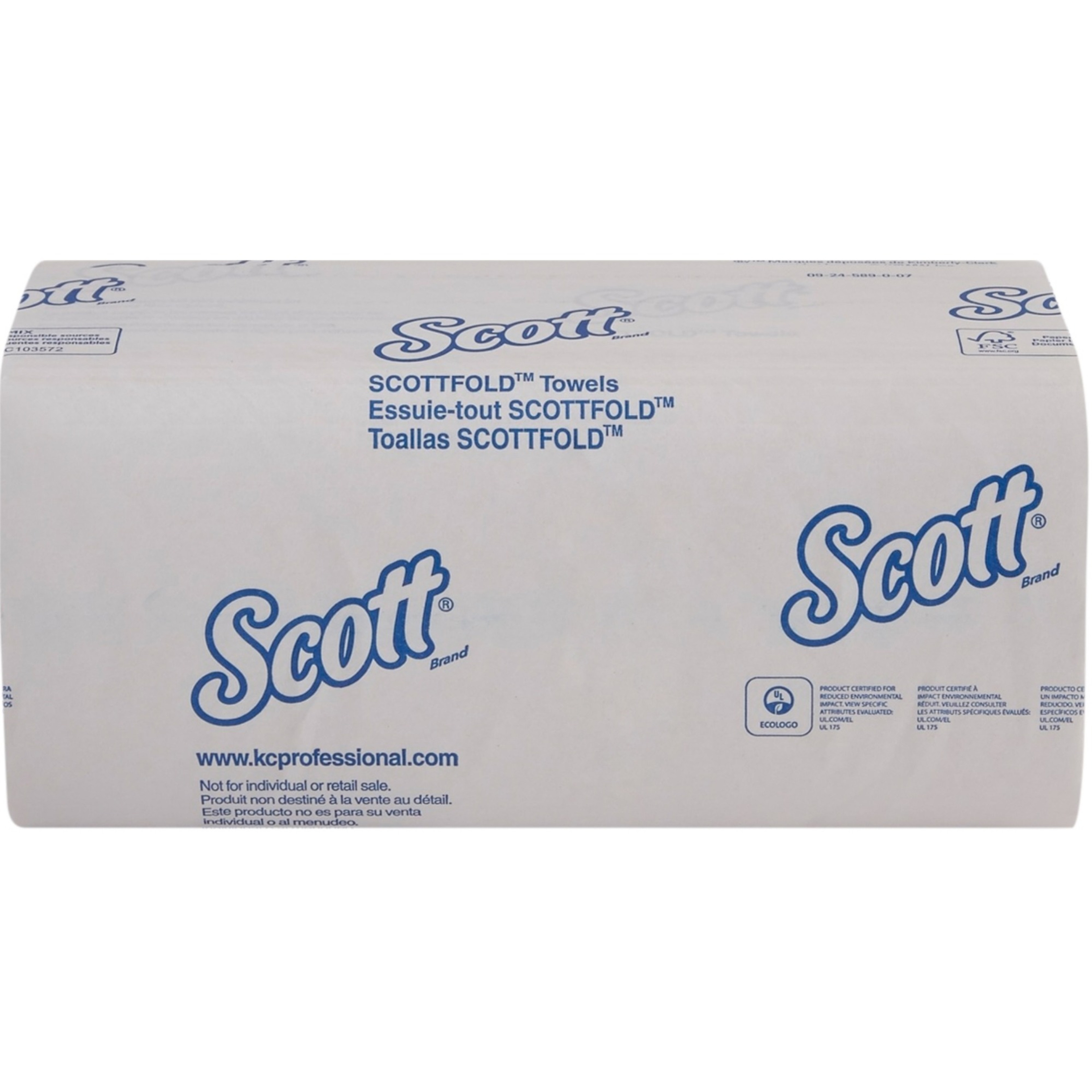
Arrives Wed, Jan 14 - Thu, Jan 15

Arrives Wed, Jan 14 - Thu, Jan 15
Maintaining a clean, sanitary space is essential in any home healthcare setting, especially when supporting loved ones with incontinence or medical conditions. Odor control products—like deodorizers and disposal bags—help reduce unpleasant smells that can arise from incontinence, excessive sweating, or medical waste. Cleaning and hygiene supplies—including gloves, disinfectants, and paper towels—create a safe and germ-free environment, reducing the risk of infection and improving overall comfort in the home.
When selecting odor control and cleaning supplies, consider your daily routines and your loved one’s specific medical needs. Gloves and paper towels are must-haves for any task involving bodily fluids, while disinfectants and trash containers help with overall cleanliness. If odor is a recurring concern, look for targeted products like room deodorizers or diaper disposal systems. For households managing biohazard materials waste liners and designated waste containers are essential.
Carewell is committed to supporting home healthcare with carefully curated products that balance safety, convenience, and effectiveness. We partner with trusted medical and hygiene brands like Cardinal Health, Dermarite, and Hollister. From pH-balanced surface cleaners to secure waste containers, our collection helps maintain a fresh, safe space—so you can focus on what matters most: your health and comfort.
Tips for Cleaning Up Urine and Feces in the House